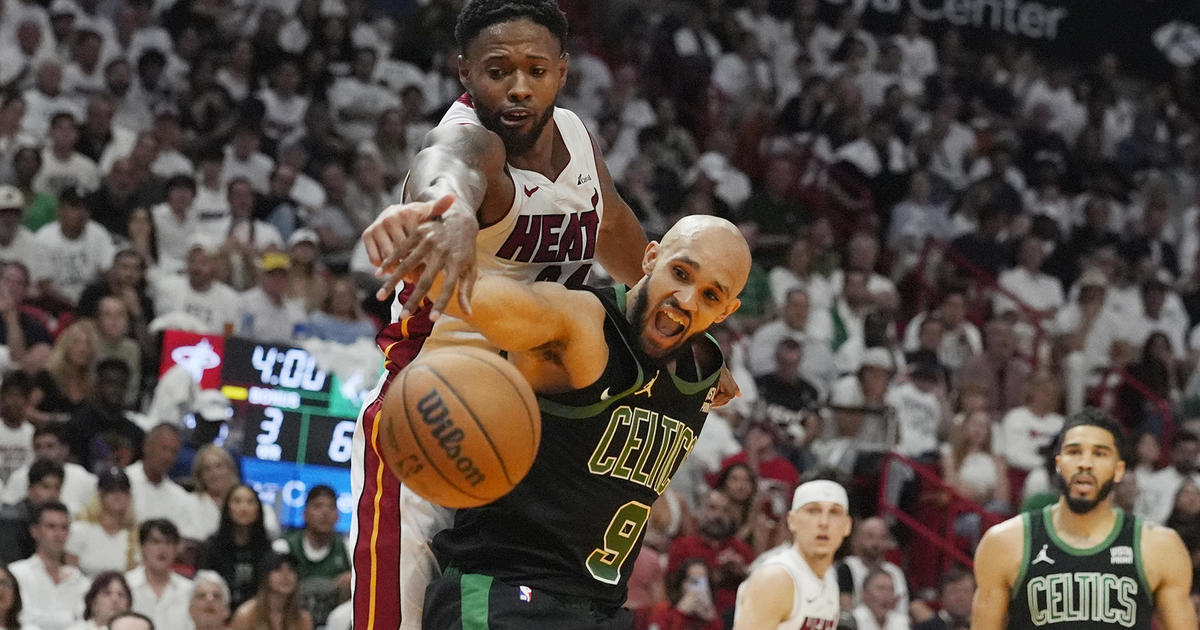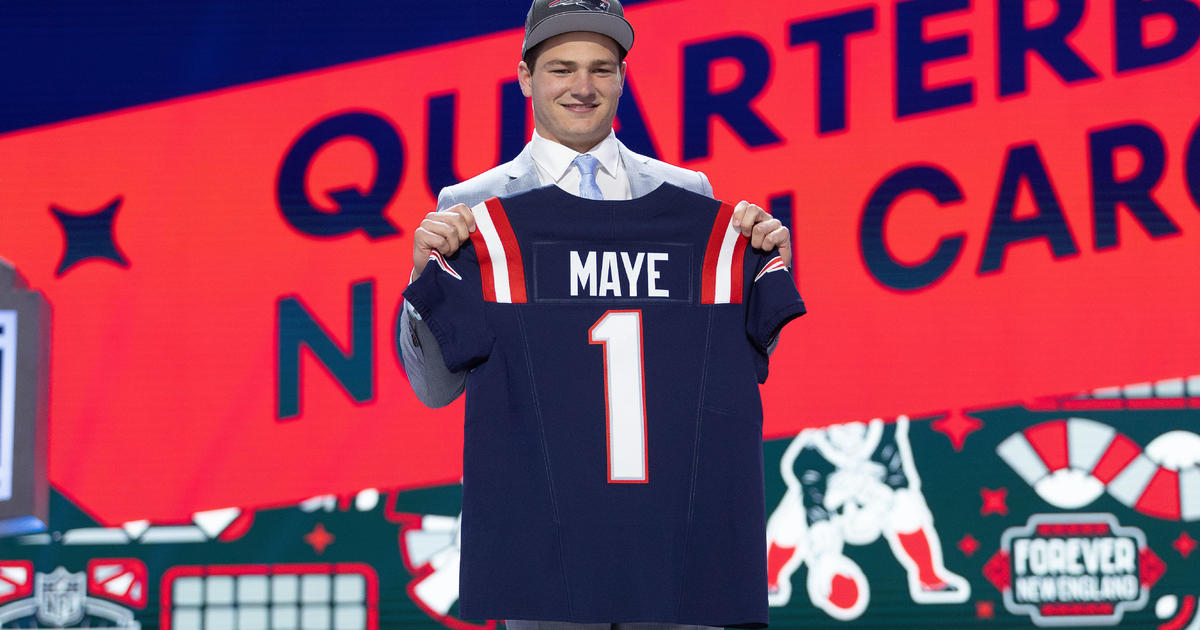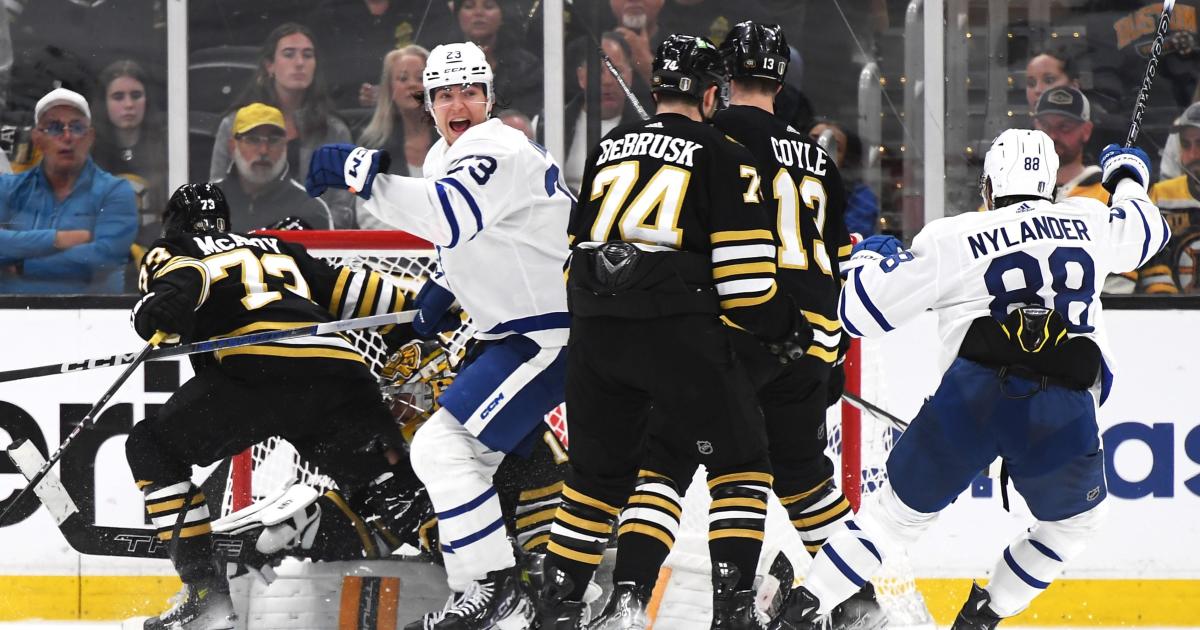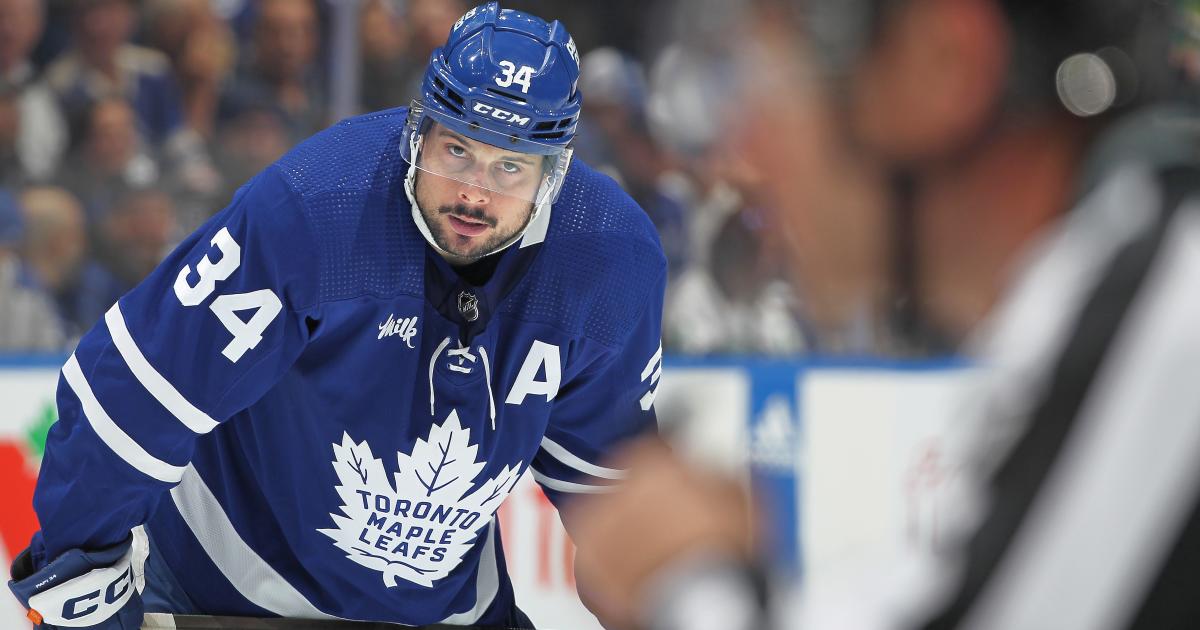Kalman: Salary Cap Means Bruins Need Recent Picks To Blossom
BOSTON (CBS) - I can't tell you what I think about Bruins 2014 first-round pick David Pastrnak's current skill set or his future potential in the NHL.
Having limited my viewing of games from the Swedish B League to none, I have seen as much of Pastrnak playing hockey as I've seen of last year's Bruins second-round puck Linus Arnesson, who also played in Sweden last season. That is, zero, nada, nothing.
Closer to home, Bruins 2014 second-round pick Ryan Donato, who played prep hockey at the Dexter School, had a better chance of catching my eye last season. Alas, he did not. The time to watch prep school hockey when you're on an NHL beat just isn't there.
Without seeing any of the Bruins' picks from last season's or this year's draft, which took place in Philadelphia over the weekend, I can only go off what I hear in determining whether the Bruins have restocked their pipeline for the second half of this decade.
Of course, every team lauds the "upside" of its picks, and scouts from inside and outside the organization can argue until they're blue in the face about whether a team made the right picks. The bottom line is, especially when you're a perennially successful team drafting low, the answers about a team's draft class don't get answered for three or four years.
Here's what I can tell you about the Bruins' draft classes of 2013 and 2014: they could make or break the Bruins' goal of being a Stanley Cup contender every season, and inevitably come to define general manager Peter Chiarelli's reign in Boston.
The Bruins are obviously in a cap jam right now. Depending on which local paper you read, forward Jarome Iginla is either a goner or has a coin-flip chance of returning to the Bruins after a 30-goal season in 2013-14. If Iginla stays without doing the Bruins a major favor with a short-term, high-risk deal, the Bruins will have to trade a veteran or two to make cap room. If he leaves, the Bruins might still have to shuffle personnel in order to import a replacement. Or they could bump Loui Eriksson up the depth chart, which could leave them vulnerable in their bottom six.
Now for a second, allow yourself to imagine Zach Hamill, the Bruins' 2007 first-round pick (eighth overall), blossoming into a poor man's Marc Savard who could at least center a third line. Hamill is now a punchline, never mind a contributor to an NHL team.
Imagine 2009 first-round pick Jordan Caron, who was selected 25th overall, at least fulfilling the low end of his potential as a bottom-six regular, or maybe even being able to be a strong two-way second-line wing.
Instead it appears Caron, a restricted free agent, will be let go for nothing or traded in the days ahead.
Losing Iginla wouldn't feel nearly as painful if Boston's high draft picks had developed the way they were supposed to when they were picked. Keeping Iginla and trading a player or two away would also hurt less. When you have low-cost, homegrown replacements on hand, you have both the leverage in negotiations and you have the type of player pool that would make what Chiarelli recently called "hard choices" a lot easier.
The Bruins don't have anyone nearly as good as Iginla ready to come up through the farm system. Not many teams do. But someone even mildly comparable to Eriksson to fill in on the third line if Eriksson has to play on the first line would be a simple convenience, and the Bruins don't even have that. With all due respect to Ryan Spooner, Justin Florek, Matt Fraser and others, they're going to have to improve by leaps and bounds this summer in order to fit that bill.
So Chiarelli now has to do some maneuvering. Even an overall weaker team from last year's club might still be a Cup contender. With parity, all it really takes is what the Bruins have in their core – world-class goaltending, a couple top-notch centers and a couple studs on defense -- to be in the mix. But players get older, injuries happen and there are just so many years you can count on the salary-cap ceiling ($69 million for the upcoming season) rising. The end of the 10-year Collective Bargaining Agreement seems way off, but it'll come up like a locomotive and could (probably will) lead to another work stoppage, more concessions by the players and who knows what the landscape of the league will be.
Down the road, in an ideal world, the Bruins will be able to better handle cap crunches. With skill in the pipeline, you can say adios to players that price their way out of your structure. Prospects can also help make up for players that decline in production early or fall out of favor with your organization. Maybe someday the Bruins will want to part ways with someone like Milan Lucic or Brad Marchand for reasons other than salary. They'll be able to deal from a position of strength if Danton Heinen, Ryan Fitzgerald, Donato and others are actually NHL caliber players and not the next coming of Max Sauve and Jamie Arniel.
The Bruins' signing of college free agents like defensemen Torey Krug and Kevan Miller has helped them cover up some of their draft deficiencies. But drafts 2007-2009 have turned out to be busts. The 2010 draft, when anyone picking No. 2 overall would've known to pick the all-world skill of Tyler Seguin, hasn't provide much help. The 2011 draft class produced defenseman Dougie Hamilton, and we should find out this season forward Alexander Khokhlachev (who you'll remember the Bruins once traded) is ready to fulfill his potential. But most of the 2011 and 2012 classes are still a little ways away from even turning pro.
So when Chiarelli lauds his staff's ability, under the tutelage of Keith Gretzky in his first Bruins draft as director of amateur scouting, to fill the draft board with more skill than in past years, he says that knowing that an organization can't continue forever near the top of the league surviving on NHL and college free agents (not with a salary cap) and trades (Chiarelli is due to make some clunkers at some point).
The Bruins should be fine for a couple years with what the talent they have at their disposal and what they can supplement from outside the organization and the Providence farm club. Three or four years ahead, though, failed drafts could be the wrench in their engine.
For the Bruins' sake, let's hope we see a lot more of Pastrnak and Donato for positive reasons in the years to come.
Matt Kalman covers the Bruins for CBSBoston.com and also contributes to NHL.com and several other media outlets. Follow him on Twitter @TheBruinsBlog.
MORE BRUINS COVERAGE FROM CBS BOSTON



